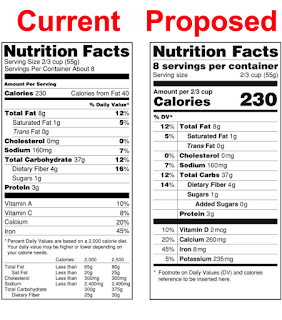The Hidden Link Between Magnesium and Vitamin D: What You Need to Know
The Hidden Link Between Magnesium and Vitamin D: What You Need to Know
Your doctor probably hasn't told you that your vitamin D supplement might be sitting idle in your body, doing absolutely nothing. The culprit? Low magnesium levels.
A groundbreaking study from the American Osteopathic Association revealed a startling truth: about half of Americans might unknowingly sabotage their vitamin D intake. Without enough magnesium, your body can't put vitamin D to work. It's like having a brand-new smartphone with no battery – all that potential but no power.
"People don't realize how vitamin D works in their body," says Dr. Mohammed S. Razzaque, who led the research at Lake Erie College of Osteopathic Medicine. "Without magnesium, vitamin D isn't just useless – it could actually be unsafe." He explains that taking vitamin D supplements without adequate magnesium can lead to a troubling calcium buildup in your blood vessels, even while you remain vitamin D deficient.
The numbers tell a concerning story. While men need 420 mg of magnesium daily and women need 320 mg, the typical American diet provides only half that amount. Our love affair with processed foods, refined grains, and sugar has stripped our diets of this crucial mineral.
But here's the good news: nature has packed magnesium into various delicious foods. You'll find it in almonds, bananas, broccoli, brown rice, and fish. Even dark chocolate makes the list (yes, you're welcome). Think of these foods as your body's battery chargers, finally enabling your vitamin D to do its job. Finally, it isn't necessary to pop more vitamin D pills. Instead, people with healthy magnesium levels need less vitamin D supplementation to reach optimal levels. It's a classic case of working smarter, not harder.
What makes this mineral so unique? Magnuniques are the fourth most abundant mineral in the body, starring in hundreds of biochemical reactions. Beyond its connection to vitamin D, it helps build strong bones, supports heart health, and even helps prevent the deficiencies that send people running for vitamin D supplements in the first place.
So before you stock up on more vitamin D, consider this: your body's vitamin D problem might be a magnesium story in disguise. The next time you're at the grocery store, think of loading your cart with magnesium-rich whole foods as an investment in your body's ability to use vitamin D effectively. After all, what good is having the key to better health if your body can't unlock its potential?




Comments
Post a Comment